Commuting Trends and Happiness

drcommute • November, 2019
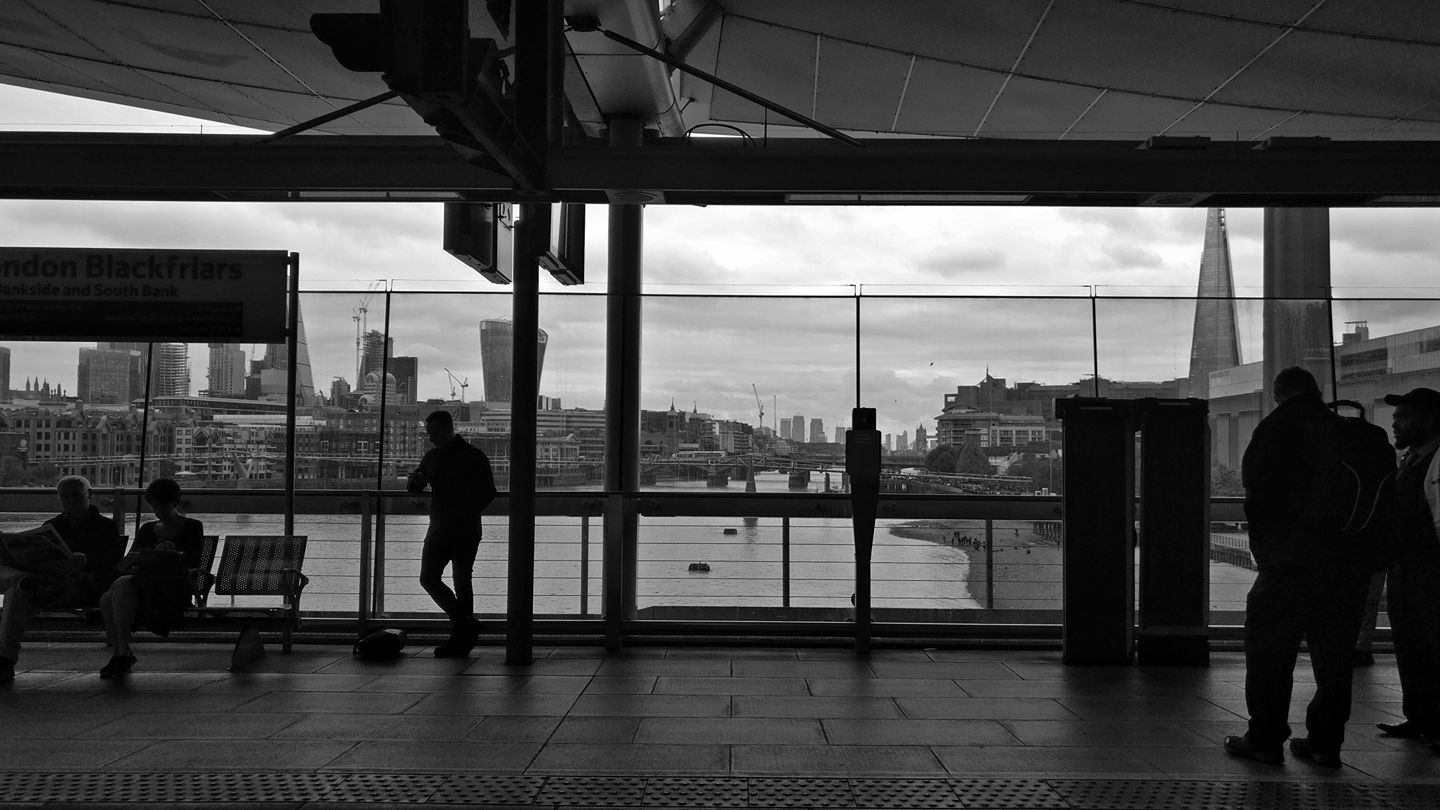
Dear commuter,
Technology, high-speed transport and the need to encourage a healthier lifestyle, gave way for the commuting trends to change over time. Therefore, it can be difficult to follow the new working culture because the traditional commuter has evolved and adapted to new modern challenges.
Commuters are important for the economy, and they are responsible for 20% of all miles travelled. Since 1995, there has been a steady decrease in commuting journeys per year. This pattern leads to a shift in the traditional commuter behaviour. Some reasons have been mentioned to justify these findings:
- workers commute fewer days in a week
- a rise in a part-time scheme or different working sites throughout the week
- working from home
- rise on self-employment
- trip-chaining: where people combine other route journeys in their commute, for example, dropping children at school or shopping
Given that the traditional commuter is changing, the travelling behaviour, as a result, has adapted with an increase in the commute duration and average distance.
Average trip time
Average trip length
* Department for Transport Great Britain
Commuting and Happiness what research says
Most importantly, we need to divide the commute into two types:
- Active commute: walking, running and cycling
- Passive commute: driving or public transport
Research has found that active commute positively affects wellbeing rates and travel satisfaction. In other words, there is a clear association between mental health benefits and exercise. However, cyclist commuters recorded experiencing high levels of fear. This can lead to the need for a better infrastructure system, that will be able to reduce or eliminate this stress during the cyclists’ commute or workers that wish to initiate this mode of commute.
In 2018, a study led by the Barcelona Institute for Global Health published an article providing reliable evidence that workers involved in this study that commute (mainly active commute) through natural environments revealed better mental health.
Passive commute is the most common mode of commute in our time. Several studies show the negative impact on our mental wellbeing and physiological measures. Usually, this is caused by journey delays, overcrowding, anti-social behaviour, uncomfortable temperature and long commutes. Leading to problems such as blood pressure, poorly balanced diet that can result in a higher BMI and reduced quality time with family and friends. – Health in a Hurry, a study released in 2016
How can we turn this around?
Reflect on your Daily Commute
Given the research available, it is evident that a shorter (less than 30 min) active commute has, overtime, benefits on your wellbeing and happiness. Naturally, you can’t base your decision just on evidence. You need to balance your reasons for a longer commute and set specific milestones in your life.
Personally, as I mentioned before, my commute is about 60 min each way. Although, I feel that it is a long commute, the benefits of the job in terms of career progression and fulfilment outweigh the disadvantages of this long commute. Somedays, a long commute is useful to analyse and reflect on a challenging day and then turning that working mode off when I arrive home. Nevertheless, my goal in the near future is a walking distance commute of 40 min.
One way or the other, we will be here to help you enjoy your daily commute. What is important at the end of the day, is that you use the tips given here to improve your daily commute, making it meaningful. Leaving you with a feeling of ownership and productivity.
Own your time and choose your mindset
Planning for your day ahead doesn’t start from the moment you set foot outside your house, on your way to work. It is a combination of small routines that will create a mindset giving you the tools to shape and take control of your day. So, plan your day! I promise that you will feel more energetic, boosting your productivity and better prepared for what comes ahead.
Here are some tips that have shown to improve productivity and fulfilment. You can either incorporate them on your morning routine, commute or evening routine:
- do a to-do list: write down the priorities for that day
- meditation: helps with stress, controls anxiety, enhances self-awareness…
- gratitude journal: improves positivity and self-esteem, makes you happier…
There is evidence, as well, on how a healthy diet, 8 hours of sleep and daily exercise influence your performance and mental health.
So why not start your day with a morning routine?
Learn something new on the spot
It is important to feel constantly in control. When during our commute, we hit traffic or the underground is delayed this can have an impact on our stress levels. So, if there’s nothing you can do, try not to give way for stress to grow and shift your focus to what you can control.
Luckily, we live in the Wi-Fi era, we are constantly connected to endless information. So instead of spending your precious time on social media. Why not, listen to music and sing along, learn a new language, read a book or catch up with a podcast. In addition, why don’t you catch up with family or friends? If you are feeling brave enough, take the risk and just send that message to someone you admire asking for advice.
Choose to learn something new today, be productive!
Finally, I am proud of you! If you are reading this and got this far it’s because you do want to make a difference and improve. I know it is hard to take the first step. For tomorrow, schedule your day write down and apply one of the advice given above and let me know how it felt.
Or even better, tell me about your routine commute.

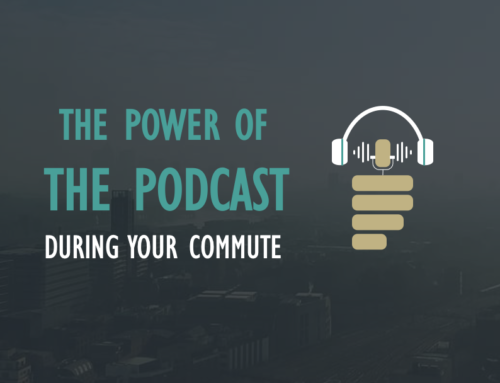
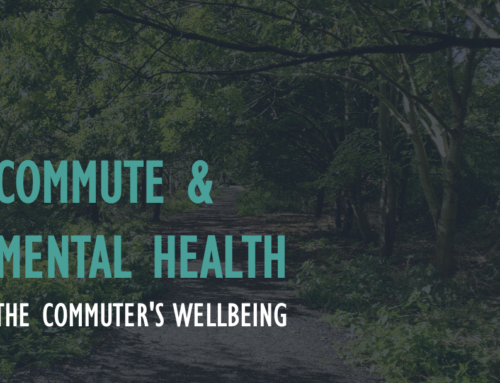
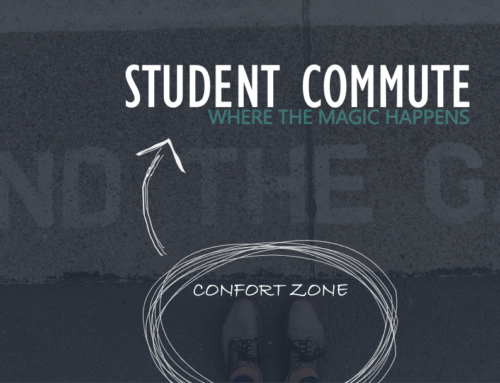
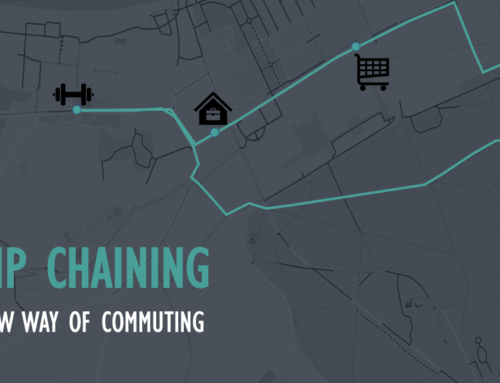
Leave A Comment